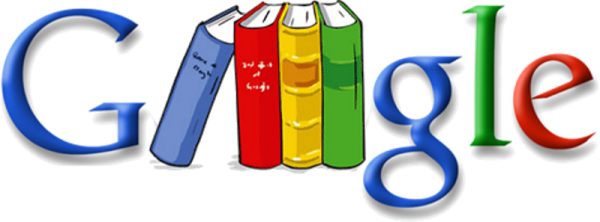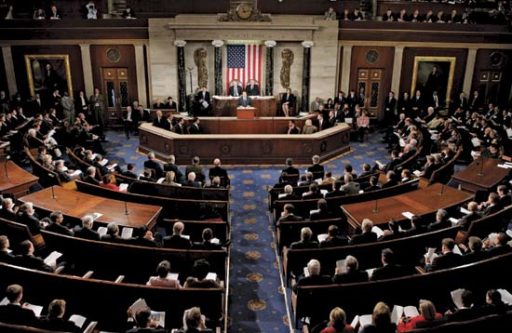Ever since Google launched Google Books, the project that seeks to digitize written works, the company has been pursued by publishers as well as author guilds. Google intends to make the books, or a portion of them, freely accessible to everyone. The publishers and the guild, naturally, oppose such free hand-out of content, trying to make Google pay them for using it. As it seems, so far the legal scales have been weighing in Google’s favor.
The legal battle between Google and the Association of American Publishers (AAP) dates as far back as 2005. Google offered a settlement to AAP back then but the association flatly refused, continuing with its legal battle to get more out of the company.
However, last week AAP resigned to the fate and has struck a deal with Google which “acknowledges the rights and interests of copyright-holders. US publishers can choose to make available or choose to remove their books and journals digitized by Google for its Library Project. Those deciding not to remove their works will have the option to receive a digital copy for their use.”
Naturally, AAP still gets to have a lot out of this with Google paying it a sizeable sum for the revenue it would get from displaying ads next to its books. While the publishers have been fairly placated by Google under this deal, the authors continue to oppose Google.
However, working with a number of universities and citing ‘Americans with Disabilities Act’, Google has been able to thwart this criticism from the Author’s Guild. The court sided heavily with the universities and Google on this matter, dishing out veiled rebuke to the guild in the following words, “I cannot imagine a definition of fair use that would not encompass the transformative uses made by Defendants’ [Mass Digitization Project] and would require that I terminate this invaluable contribution to the progress of science and cultivation of the arts that at the same time effectuates the ideals espoused by the [Americans with Disabilities Act].”
The Guild is obviously unsatisfied with the outcome and may possibly continue the legal battle by appealing against the case. Meanwhile, the Guild is also depending on another case in which it has launched the offensive against Google, based on the use of orphaned works.
While the Guild had hoped to extract a certain percentage of Google’s revenues through this case, those hopes were quashed by the judge who refused to let either Google or the Guild have the revenue earned on orphaned works.
The probable outcome is that Google will come to a settlement with the Guild over this case by offering it a token fee for using the orphaned works. In other words, the search giant would effectively triumph in its effort to digitize libraries by getting away unscathed.
Courtesy: ReadWriteWeb
[ttjad keyword=”kindle”]



